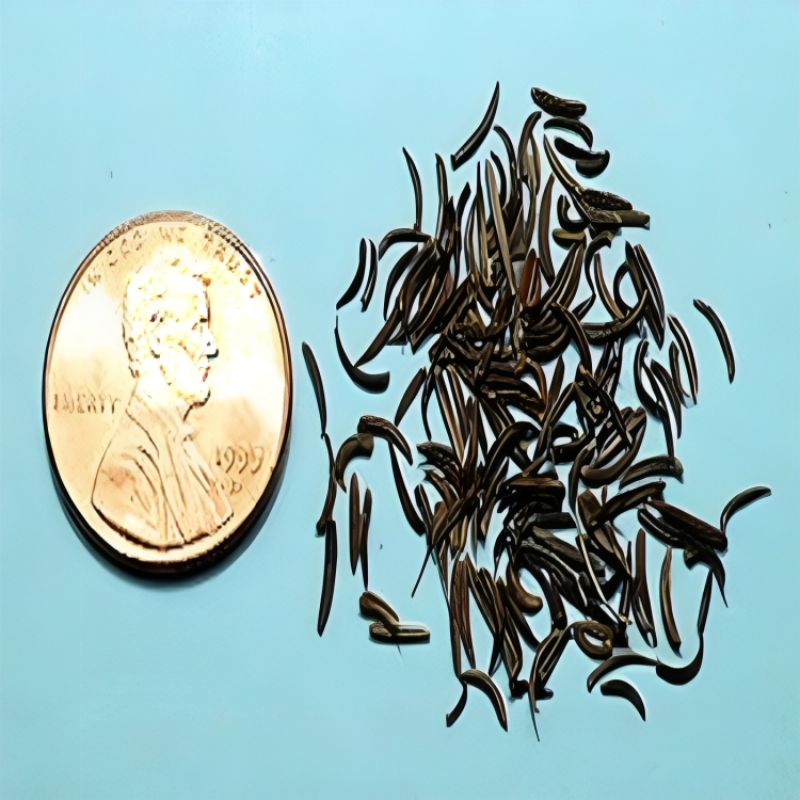- Historical context: Cumin (Cuminum cyminum) is an ancient spice that has been used for thousands of years. It is mentioned in the Bible and was used by the ancient Egyptians, Greeks, and Romans.
- Geographical origination: Cumin is believed to have originated in the Mediterranean region and the Middle East.
- Relevant cultural significance: Cumin has significant cultural importance in various cuisines, especially in Indian, Middle Eastern, and Mexican cooking. It is also used in traditional medicine.
- Time period of discovery: Cumin has been cultivated since ancient times, with evidence of its use dating back to the second millennium BCE.
- Original habitat: Cumin originally grew in the Mediterranean climate, characterized by hot, dry summers and mild, wet winters.
- Notable historical uses: Historically, cumin was used not only as a spice but also for its medicinal properties, such as aiding digestion and treating infections.
- Ideal temperature range: Cumin thrives in temperatures between 20°C to 30°C (68°F to 86°F).
- Soil type: It prefers well-drained, fertile soil with a pH range of 6.8 to 8.3.
- Sunlight requirements: Cumin requires full sunlight for optimal growth.
- Watering needs: Cumin needs moderate watering. Overwatering can lead to root rot, so ensure the soil is well-drained.
- Planting season: The best time to plant cumin seeds is in the spring after the last frost.
- Germination time: Cumin seeds typically germinate within 7 to 14 days.
- Growth cycle duration: The plant usually takes about 3 to 4 months to mature and produce seeds.
- Common pests and diseases: Common pests include aphids and spider mites. Diseases such as powdery mildew and wilt can affect cumin plants.
- Companion planting advice: Cumin grows well with beans, cabbage, and tomatoes. Avoid planting near fennel as it can inhibit growth.
- Common challenges and solutions: Challenges include susceptibility to frost and overwatering. Ensure proper spacing and drainage to mitigate these issues.
- Nutritional values: Cumin seeds are rich in iron, manganese, magnesium, calcium, and phosphorus. They also contain vitamins A, C, E, and B-complex.
- Health benefits: Cumin has numerous health benefits, including aiding digestion, boosting the immune system, and possessing anti-inflammatory and antioxidant properties.
- Culinary uses: Cumin is widely used in cooking, especially in spice blends like curry powder and garam masala. It adds a warm, earthy flavor to dishes.
- Medicinal uses: Traditionally, cumin has been used to treat digestive issues, respiratory disorders, and skin conditions. It is also believed to improve lactation in nursing mothers.
- Other unique advantages: Cumin seeds can be used as a natural preservative due to their antimicrobial properties. They are also used in some cultures for ceremonial purposes.






